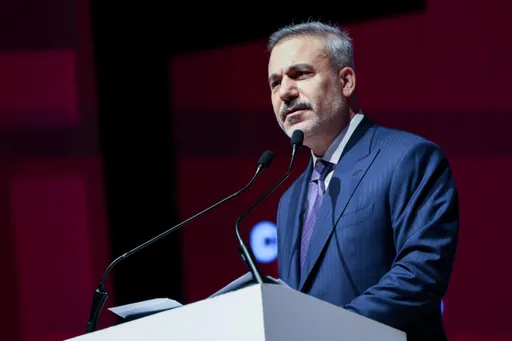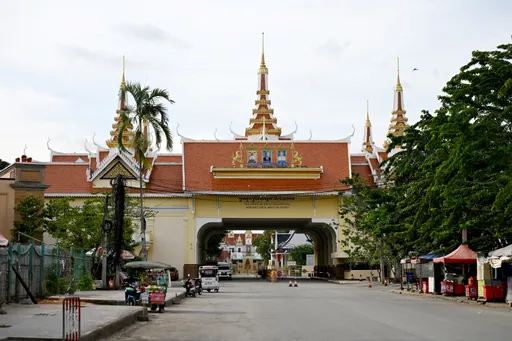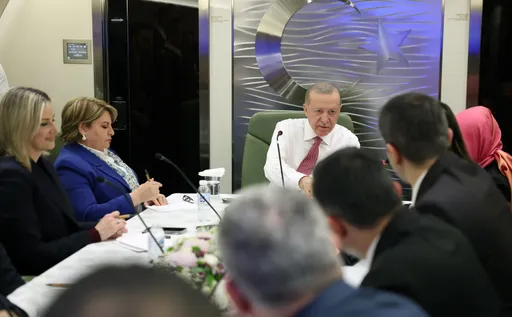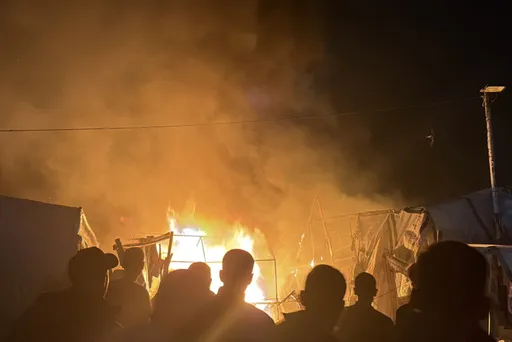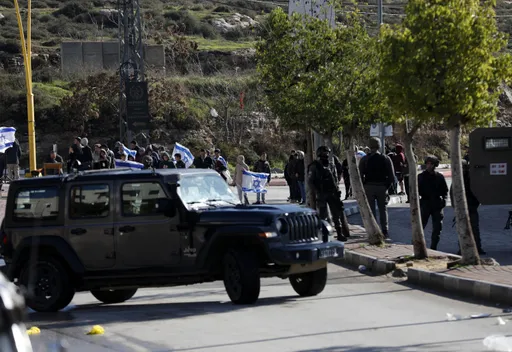The front-runners for Afghanistan's presidency, incumbent Ashraf Ghani and chief executive Abdullah Abdullah, have both declared victory, echoing an election crisis five years ago when competing claims by the two men led to months of turmoil.
Afghanistan's Independent Election Commission is gathering votes from Saturday's election. If no candidate wins more than half, a runoff vote would be held between the top two.
"Our votes are the highest in the election, and the election will not go to the second round," Abdullah said at a press conference in Kabul on Monday.
Ghani's running mate Amrullah Saleh said on Sunday that Ghani had won a clear first-ballot victory, without offering evidence.
"The information that we have received show that 60 to 70 percent of people voted (for) us," Saleh was quoted by news outlet VOA as saying in a story on its website.
"The results will be announced by the IEC (Independent Election Commission), but we have the most votes. The election is not going to go to a second round," Abdullah said earlier.
But a senior IEC official Habib Rahman Nang immediately slammed Abdullah's announcement as premature.
"No candidate has the right to declare himself the winner," he said.
"According to the law, it is the IEC that decides who is the winner."
Vote marred
Saturday's vote was marred by violence, Taliban threats and widespread allegations of mismanagement and abuse.
It was the fourth time Afghans have gone to the polls to elect a president since 2001 when the US-led coalition ousted Taliban regime.
The preliminary vote count won't be known before October 17 and the final tally on November 7. If there is no clear winner, a second round of voting will be held.
Initial estimates and observations at polling stations suggest a light turnout, some 2.2 million, among 9.6 million eligible voters.
Afghanistan’s National Security Adviser Hamdullah Mohib said that those who turned up at polling stations "risked their lives to show that they want to be in control of their own future."
"Turnout appears to have been dampened not just by Taliban threats, but also voter disinterest," wrote Thomas Ruttig and Jelena Bjelica of the Afghanistan Analysts Network.
Deeply flawed election
For Afghans, Saturday's vote mirrored the deeply flawed 2014 presidential polls.
Then, like now, the leading rivals for president were Ashraf Ghani and Abdullah Abdullah; then, like now, allegations of widespread fraud and a deeply flawed and sloppy election process swirled over the voting; then, like now, violent attacks marred voting, even forcing the closure of some polls.
This time roughly 468 polling centres were not opened because it wasn't possible to secure them against Taliban attacks.
No mediation efforts
In 2014, the United States stepped into cobble together a so-called unity government fearing the allegations of fraud could plunge the country into violence.
President Ghani was induced to share power with Abdullah, who was made Chief Executive, a new post.
International observers say there will be no mediation this time around.
Before Saturday's polls, the US issued stiff warnings against fraud and even seemed to take direct aim at Ghani's government refusing to pay more than $160 million in aid projects directly to the government saying it was too corrupt.










